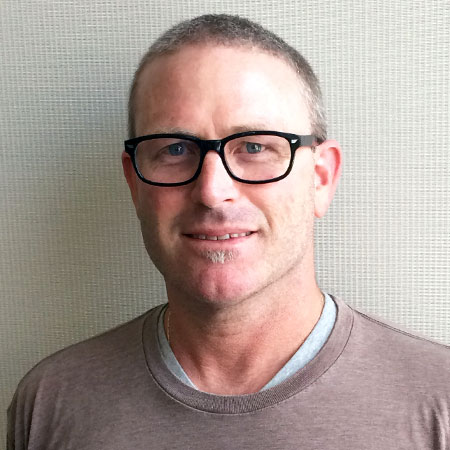Biologists define social behavior as one organism interacting with another member of its own species. Humans are very social animals that interact with other members of our own species all the time. And I don't even want to think about how many more social interactions we can engage in these days with the advent of social media.
Social evolutionists have divided all these social behaviors into four basic categories, based on whether the behavior is good or bad for the organisms involved. Social behavior can be either a benefit or a cost for the organisms: that means good or bad for you, and good or bad for the other person.
Let's start with lowest, most despicable, category of behavior: spite. Spite is going out of your way to ruin someone else's day, and benefits nobody.
The second-lowest category of social interaction is called selfish. This benefits you at the cost of the other person, and sometimes this seems to be the most prevalent of human social behaviors. Oftentimes, behavior that seems spiteful may actually be selfish, as some people make themselves feel better by making others feel bad.
Next on the list is altruistic behavior. This is when you go out of your way to help another, sometimes to the extent that you may risk your own life. While this is noble in the eyes of many, it is still not considered the highest form of social behavior, because it still only benefits one of the two organisms.
